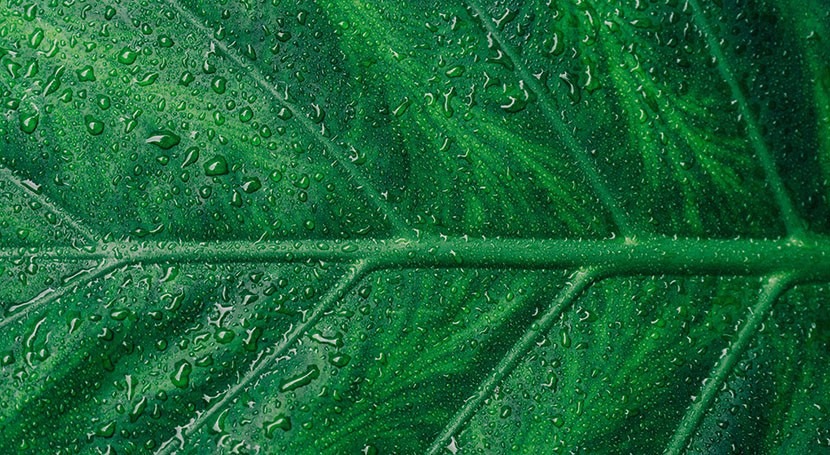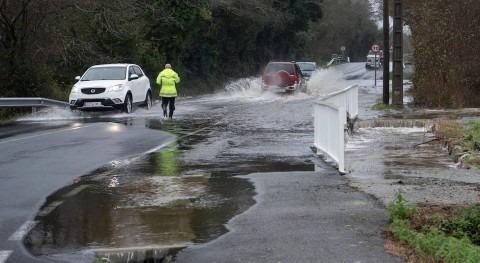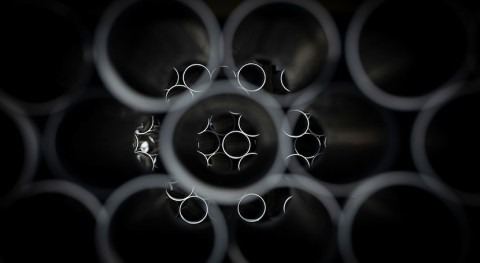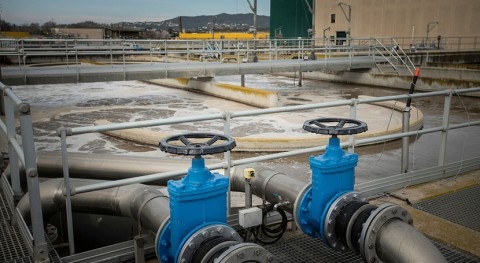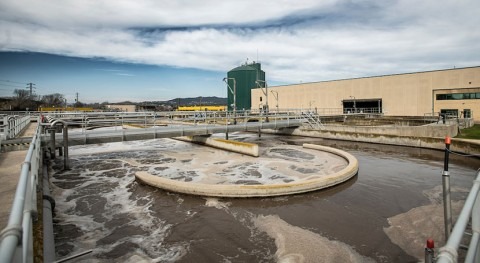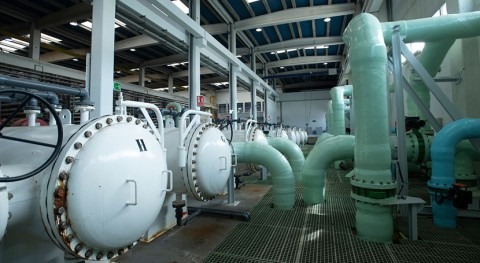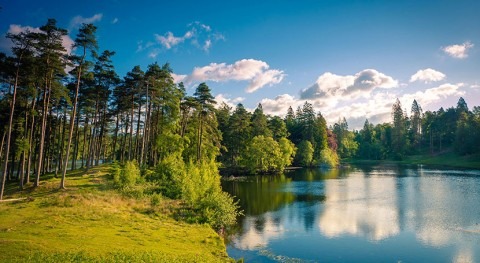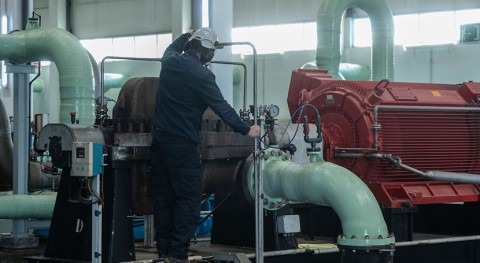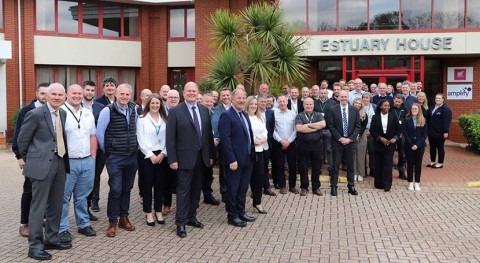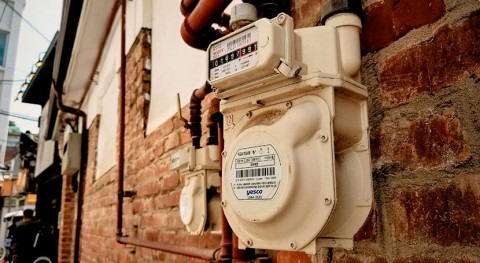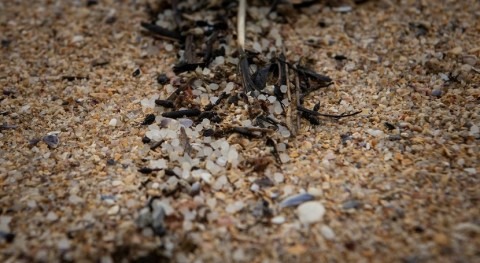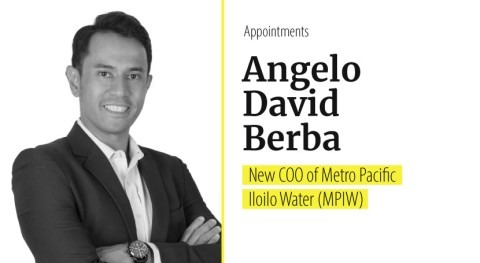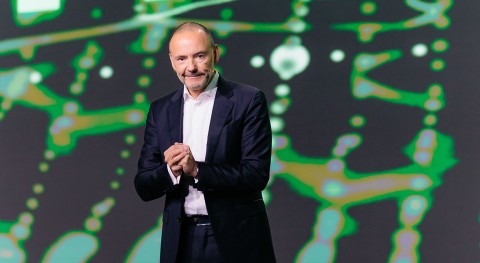The development of the green hydrogen market is in full swing as part of the energy transition from fossil-based to zero-carbon sources of energy. As some experts have pointed out, the water sector is called to be a major player, not only as consumers of energy from green hydrogen, but as producers, where water technologies are key at different parts of the production process, and as stewards of water resources.
Green hydrogen production offers opportunities for water and wastewater businesses, according to a BlueTech Research report: there is a role for water utilities in the hydrogen economy, such as through the production of hydrogen at wastewater facilities, as well as for water technology suppliers.
Although there are different types of electrolysers to produce green hydrogen, they all require ultrapure water. The treatment to obtain this water quality depends on the quality of the supply water, but generally, it would involve pre-treatment, reverse osmosis and electrodeionisation. Water technology companies already have their eyes set on the water needs of hydrogen production.
The amount of water required to produce green hydrogen is also an issue to consider. BlueTech Research report author Kim Wu pointed out: “Water demand could be a concern for the large number of green hydrogen projects being planned, particularly for water utilities and councils, or in water-stressed areas as some hydrogen projects might expect to use tap water supplied by local utilities.”
An extensive analysis by GHD looked at the water demand for hydrogen production through different methods. They estimate that as much as 60 to 95 litres of water are required per kg of green hydrogen produced. That includes not only the 9 litres of water that would be needed based on the proportions in the chemical reaction, but also a significant amount of water for other supply and disposal factors. These include cooling the system, the treatment of raw water to meet high purity electrolyser requirements, and disposal of waste streams, which may need treatment due to the high concentration of feedwater impurities. The type of hydrogen carrier used (ammonia, liquefied hydrogen or liquid organic hydrogen carrier) also needs to be considered for the water demand.
The estimate assumes evaporative cooling is used; the water requirements drop dramatically with an air-cooled system, to about 18 litres per kg of hydrogen, but would require more capital and energy. It also assumes the raw water is fresh water and of relatively good quality.
If the raw water is brackish, seawater or industrial wastewater, the volume of raw water would increase, as well as the wastewater/brine produced. Seawater desalination would be a sustainable source of water for large green hydrogen facilities. It is estimated that using seawater would increase the raw water intake by 2.5 to 5 times, and the capital cost and power consumption of the desalination step are small compared to those of the electrolyser. Of course, in that case, brine disposal would have to be carefully managed.
Things are moving in this field. UK Water Industry Research is leading a working group looking at the role of water utilities in the hydrogen value chain across the UK and Ireland. The project will look at the feasibility of scaling hydrogen production in relation to water consumption, reviewing the latest technologies and providing guidance for water company engagement.
There’s no stopping the green hydrogen boom, the same as there’s no stopping the energy transition. It will be important to balance water and power demands, select the most appropriate technologies for each project, and address social and environmental concerns, but one thing is for sure: the opportunities for involvement by all types of players in the water sector are out there.

